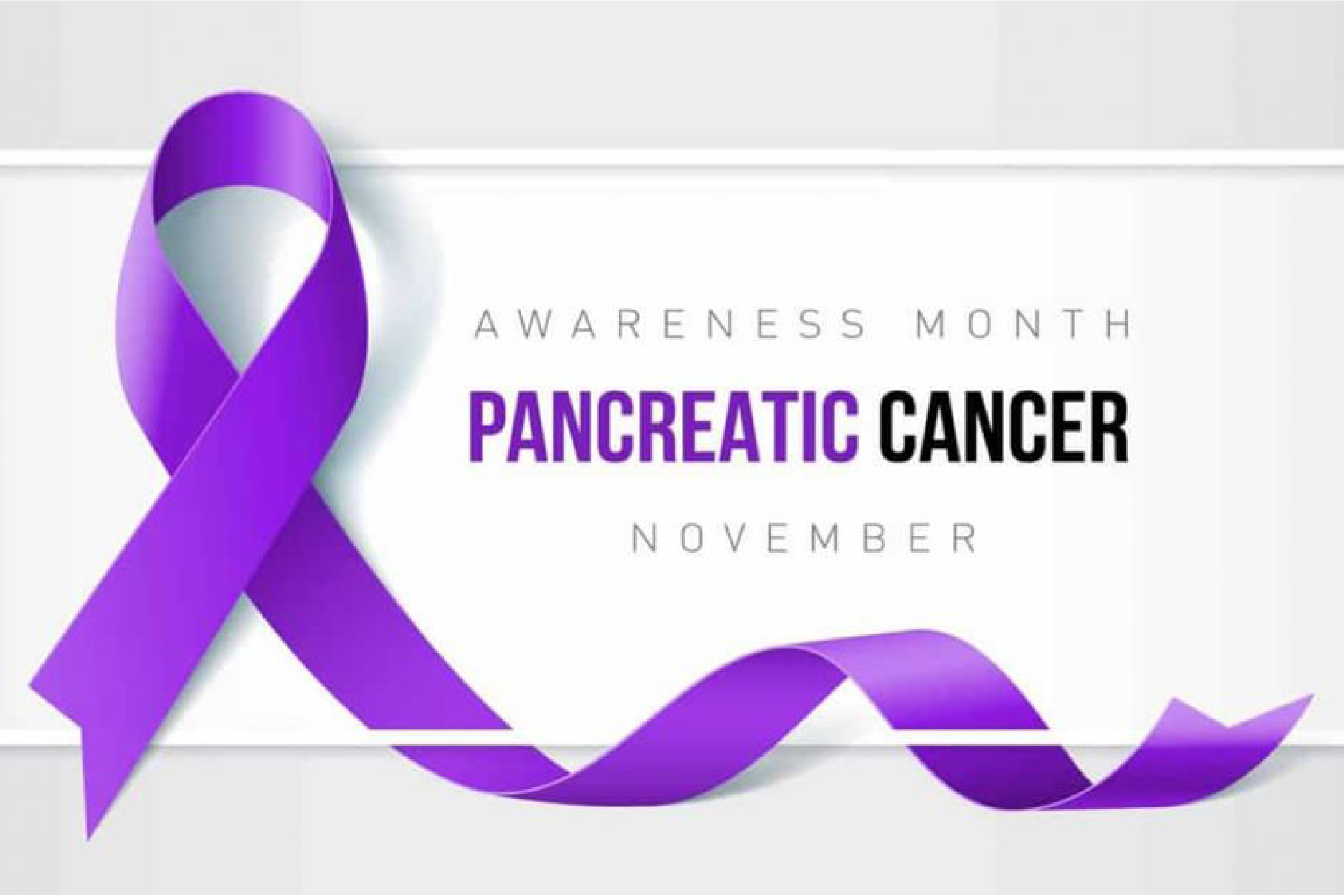The pancreas is an organ that sits deep in your abdomen, behind the stomach, and makes digestive hormones and insulin. Like all organs, cells continually die, and new ones are created. Unfortunately, occasionally cells can turn malignant and develop into cancer. Pancreatic cancer will affect more than 62,000 people in the US this year, making it the 10th most common cancer.
Pancreatic cancer, like most cancers, comes in four stages: the earlier the stage, the more treatable the cancer. However, finding early-stage pancreatic cancer is challenging as most people do not experience symptoms. As the cancer advances, symptoms can start, the most common being abdominal pain, back pain, unexplained weight loss, indigestion, loss of appetite, jaundice, and changes in your stool.
The causes of pancreatic cancer largely remain unknown, but risk factors have been found that increase your chance of developing pancreatic cancer. These risk factors include older age, obesity, pancreatitis, smoking, diabetes, and family history, including genetic syndromes.
Several genetic syndromes have been discovered that increase your chance of developing pancreatic cancer. These include mutations in the BRCA2 gene, Lynch Syndrome, and Familial Atypical Mole-Malignant Melanoma Syndrome (FAMMM). Genetic testing can be done to identify whether you have one of these syndromes, especially if your family history suggests this. In that case, you may be able to take pre-emptive action to try and find the cancer in earlier stages. This may include imaging studies, blood tests, or more invasive procedures like endoscopic ultrasound with biopsy.
Since the main causes of pancreatic cancer are unknown, it is very difficult to prevent it. However, you can reduce your risk by maintaining a healthy weight, not smoking, and limiting your alcohol intake. If you have a family history of cancer, speak to your doctor about steps you may take.
At Astera Cancer Care, we continually try to advance science by enrolling patients in clinical trials. Currently, we have two clinical trials for pancreatic cancer: QUILT-88 and PANOVA-3. Quilt-88 uses a combination of Immunotherapy with chemotherapy designed to bolster the body’s immune system and administer natural killer cells engineered to find and kill cancer cells. PANOVA-3 uses alternating electric fields using a portable, battery-operated device in combination with chemotherapy to treat locally advanced pancreatic cancer.
Through our compassionate, high-quality care, Astera Cancer Care is working hard to help our patients battle this formidable disease.

